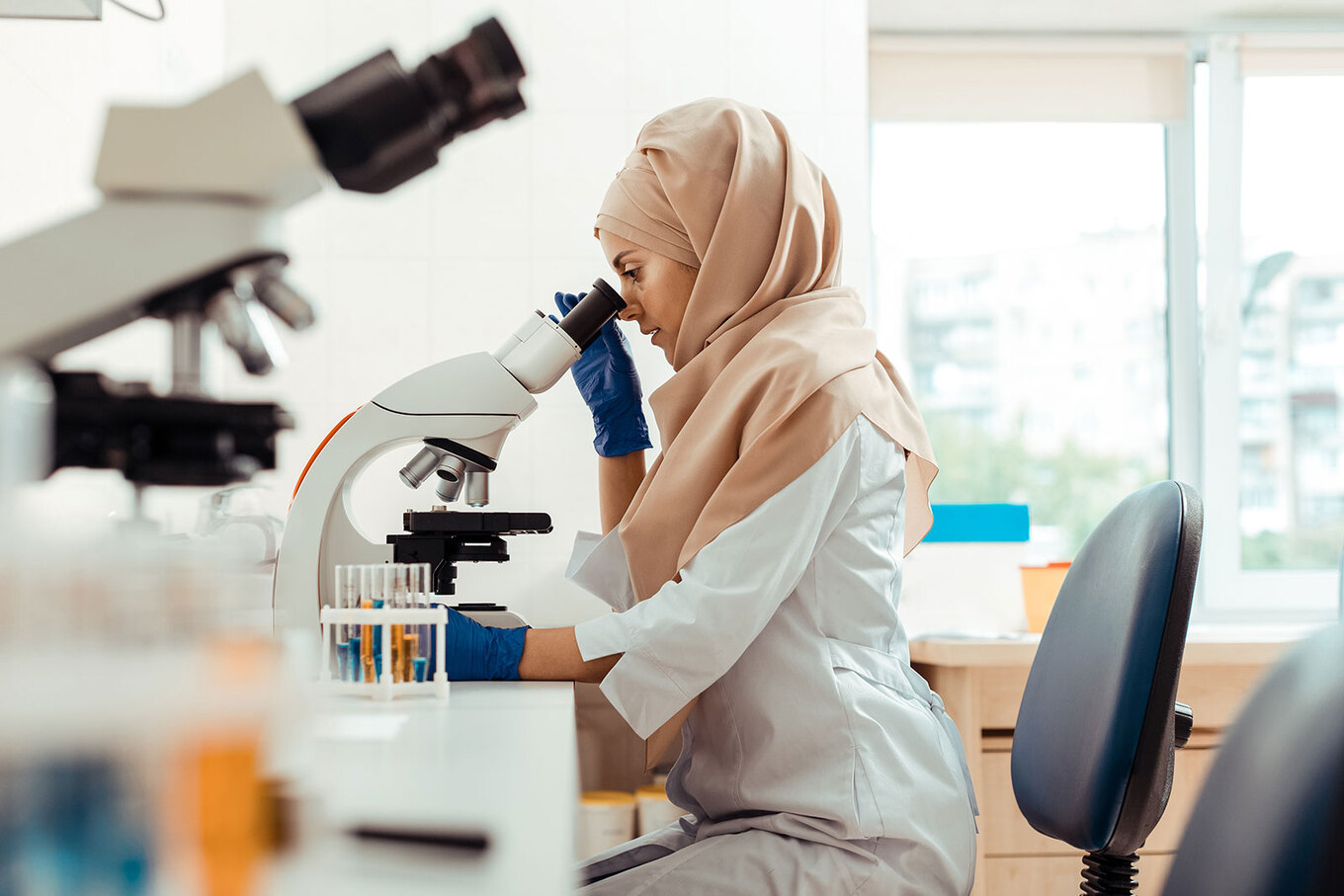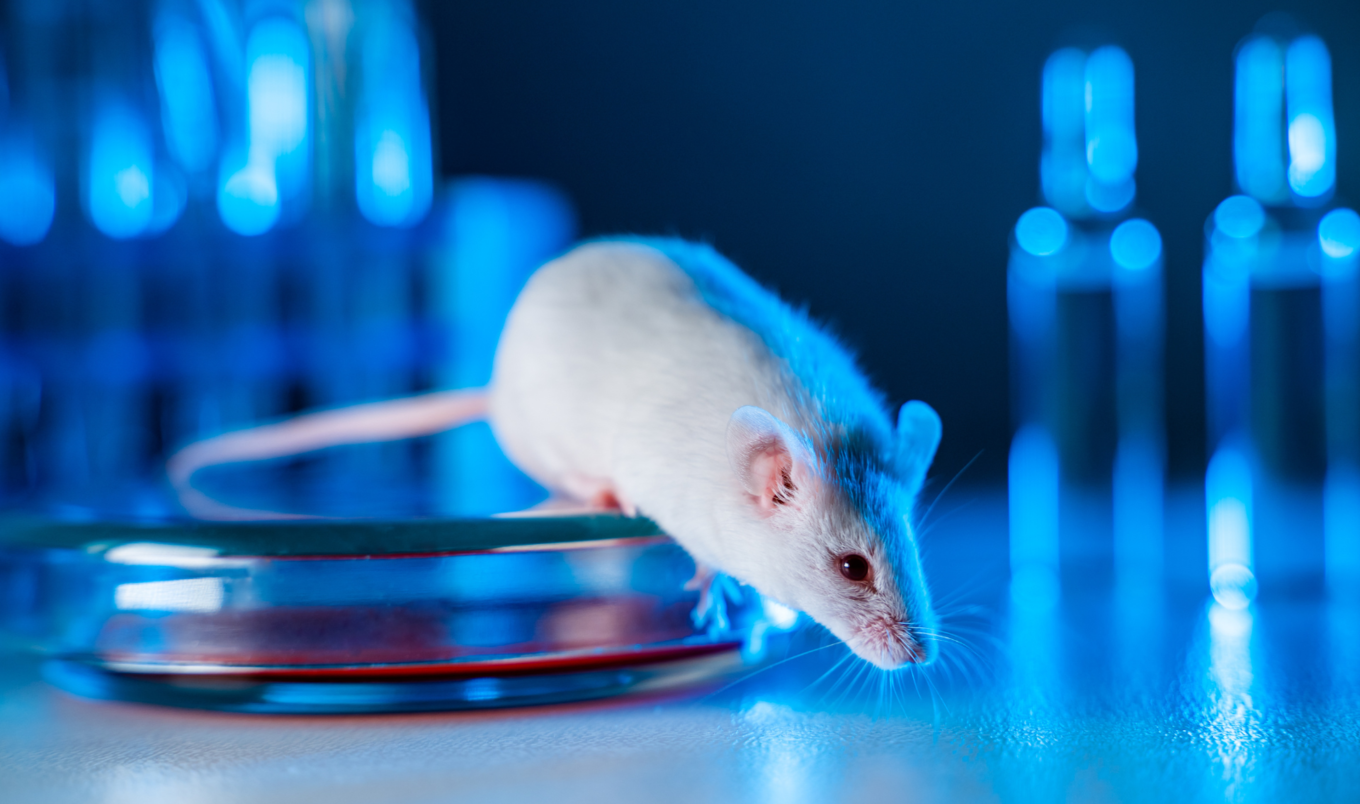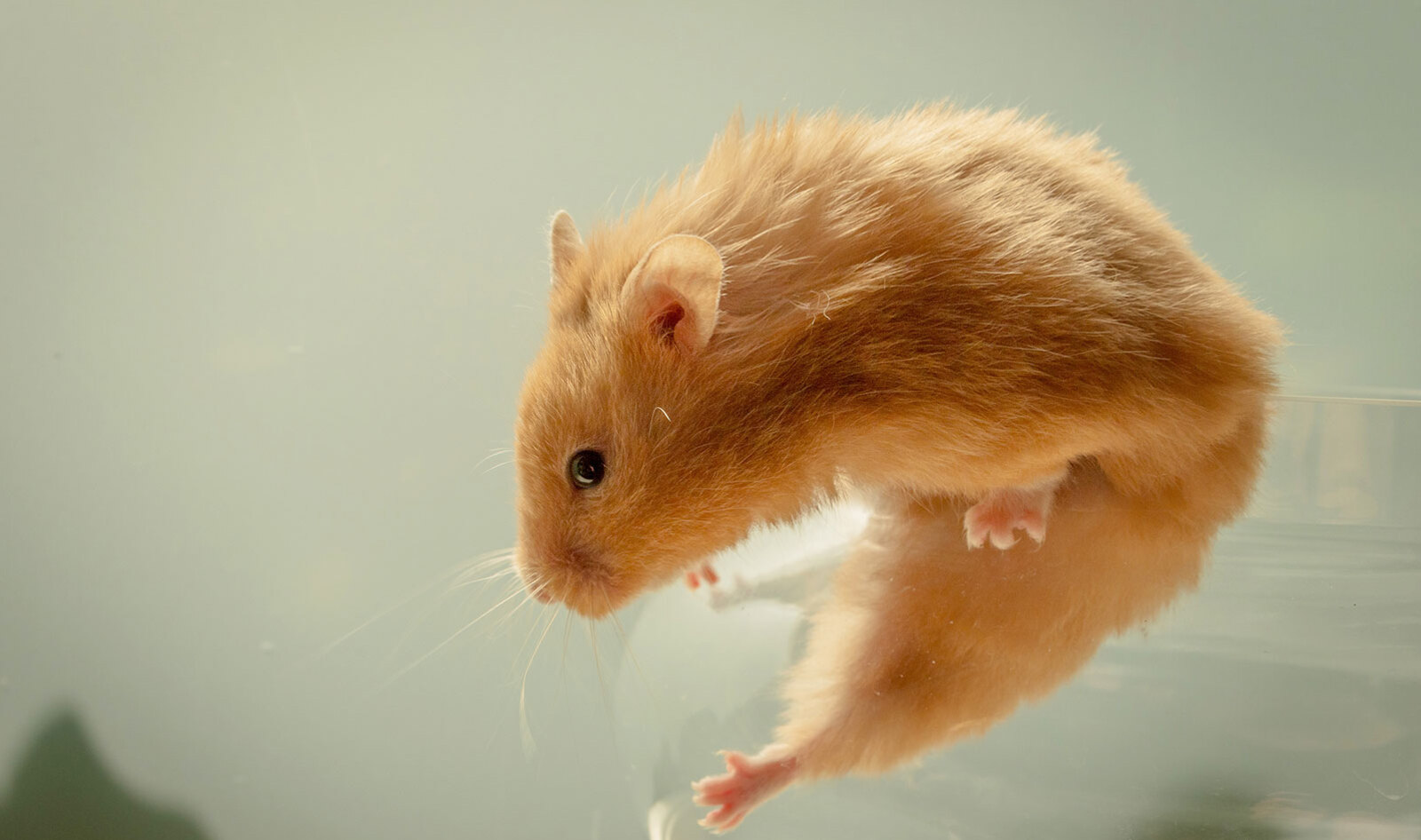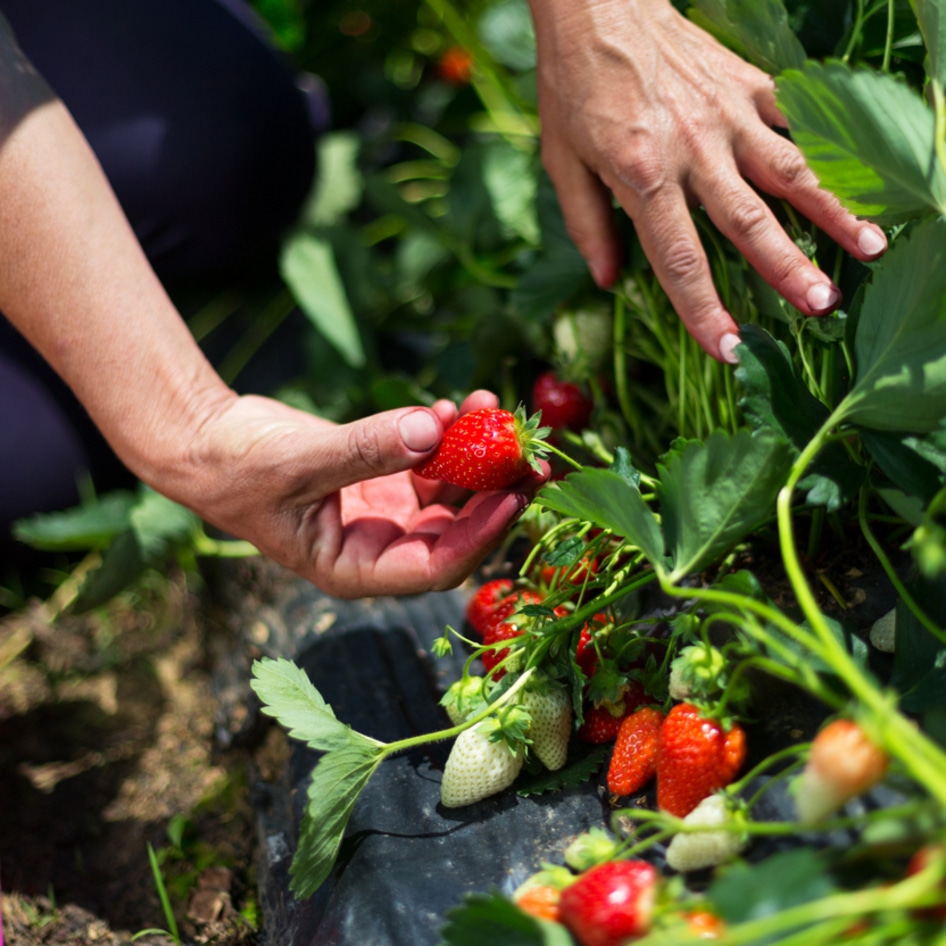Developing and testing new treatments or vaccines for humans almost always requires animal trials, but it can raise ethical concerns about the treatment of animals and often takes years to complete.
As an alternative, researchers have developed a new testing platform that encapsulates B cells into miniature “organoids” to screen vaccines quicker and greatly reduce the number of animals needed. This development is detailed in a study published in scientific journal ACS Central Science, published by the American Chemical Society.
Vaccines are created to introduce the immune system to an antigen, which can be either part or all of a virus or bacterium, allowing the body to prepare itself for future exposure by programming its B cells to make antibodies against the antigen. Some bacteria coat themselves in a polysaccharide “disguise,” requiring specialized conjugate vaccines, such as those that protect against pneumonia and meningitis.
However, exactly how conjugate vaccines interact with B cells to induce an immune response isn’t fully understood.

Adobe Stock
The traditional way of testing vaccines involves injecting them into animals and waiting weeks or months for the result. When developing a whole new class of vaccine or focusing on a new target, scientists often need to evaluate many vaccine candidates, requiring numerous animal studies.
This method is time-consuming, unreliable, and cruel to animals, which are just some of the reasons why the medical community is trying to find alternatives to using animals in this way.
“There are many reasons to move away from animal use in medical research and product testing in favor of innovative scientific approaches that develop and improve over time,” Elizabeth Baker, Esq., director of research policy for the Physicians Committee for Responsible Medicine (PCRM), tells VegNews.
“This includes the opportunity to better understand human disease by focusing on human information rather than hoping that what happens in another animal species will be relevant to human disease,” Baker says. “Also, [this includes] the fact that animals suffer and die for science, which is not in line with how society views the treatment of animals.”
Alternatives to animal testing
To speed up the process and address ethical concerns, researchers have begun exploring the use of organoids, which are small groups of cells that act like miniaturized organs, creating a simulated environment that reflects in vivo conditions.
According to the study, hundreds of immune cell organoids can be constructed from the spleen of a single animal, greatly increasing testing throughput. So, researchers Matthew DeLisa, Ankur Singh, and colleagues wanted to see whether this method would provide results similar to those from animal experiments and whether the platform could be used to screen large numbers of glycoconjugate vaccine candidates.
 Adobe Stock
Adobe Stock
To construct organoids, the researchers isolated B cells from mouse spleens, added cellular signaling molecules and structural components, then encapsulated everything in a synthetic hydrogel matrix. Next, they prepared conjugate vaccine candidates targeting the bacterium responsible for tularemia, or “rabbit fever,” for which an approved vaccine does not currently exist.
Candidates were tested using both traditional in-vivo mouse trials and the new organoid platform. The B cells reacted similarly in both formats and also provided insights into the several biochemical changes that occur as the cells mature into antibody-producing cells.
As a result, the team found that the platform could be used to identify B cell clones that generate highly antigen-specific antibodies, which have a wide variety of potential applications. Though this work is preliminary, the researchers say that the organoid platform could help reduce the time it takes for new conjugate vaccines to be developed and evaluated.
Is animal testing even necessary?
Last year, more than 800 physicians, scientists, and health professionals joined PCRM to call on the medical journal Nutrients to stop publishing animal studies that violate the publication’s own ethical guidelines.
Nutrients’ guidelines for authors explicitly require the “replacement of animals by alternatives wherever possible.” Yet, in a letter sent to the journal’s editors in chief, the group pointed out a number of published studies in which small animals were experimented on even though alternatives were readily available.

Canva
The letter notes that by publishing these articles, Nutrients is showing young researchers that it’s okay to violate ethical mandates and that the journal will publish their studies anyway.
“Animal tests are accepted because they have been used for decades, not because they have demonstrated their value,” Baker says. “When put to the test, animal experiments continue to fail. Increasing momentum is moving the field away from animal use, towards modern methods because modern approaches represent better science, which can only benefit patients, animals, and even business.”
PCRM is a medical community made up of 17,000 physicians and 175,000 members working with government and industry to replace the use of animal tests with modern methods. “It is becoming increasingly well-known and understood that animal experiments will be replaced by newer technology that continues to evolve,” Baker says.
“Many non-animal and human-specific methods are already available and commercialized,” she says. “These include in vitro tests that incorporate human biology rather than that of other animal species—such as organoids and organ chips—as well as computer models that use human information to better model human outcomes.”
Baker also notes that more non-animal approaches are in development and will continue to become available, and federal agencies are committing to integration of non-animal approaches. Plus, Congress continues to show support for non-animal methods and recently provided the FDA millions of dollars to reduce animal use.
“The barriers to replacement are not scientific—they are policy, educational, and psychological,” Baker concludes. “Our team and many others are working to address these challenges so that science will continue moving away from animal use.”
For the latest vegan news, read:
JUMP TO ... Latest News | Recipes | Guides | Health | Shop









